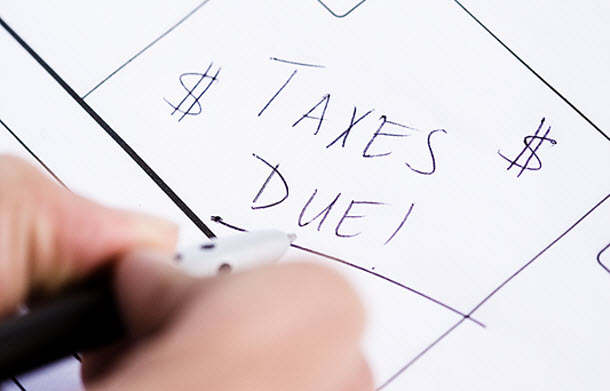 With tax time just around the corner, it’s a good time to think about the deductions you may be eligible for as a real estate investment professional. This is not a inexhaustible list of potential deductions, just an overview of three of the most common REI expenses that can cause issues if care is not taken to ensure proper filing.
With tax time just around the corner, it’s a good time to think about the deductions you may be eligible for as a real estate investment professional. This is not a inexhaustible list of potential deductions, just an overview of three of the most common REI expenses that can cause issues if care is not taken to ensure proper filing.
Your bookkeeper and accountant are essential resources for information on your specific situation and they will be able to verify whether your deductions are eligible according to the latest policies and procedures of the IRS.
In general, deductions are only accepted if they are considered ordinary and necessary in the line of business. That means they must be common and accepted within your industry and they must be helpful and appropriate to your business. That’s the barometer that the IRS will use in assessing the legitimacy of your deductions.
It’s essential that you have confirmation of your expenses before you file your taxes. You’ll need receipts and records to justify any and all of the expenses that you claim as deductions.
Home office deductions are available to real estate investors who maintain a home office. If you have an office outside the home, this won’t apply to your situation. It can be a complicated deduction to calculate because of the inclusion of both direct and indirect expenses.
Direct expenses are those that are directly spent in the home office and are fully deductible. Indirect expenses can only be partially deducted, as in utilities which must be calculated based on the space and time formula to derive the home office portion that is deductible.
Because the calculations can be complicated, it is a deduction that is often red-flagged for audits. You’ll want to be sure your accountant is experienced with home office concerns when taking advantage of the home office deduction.
Depreciation expenses are calculated on items that have been purchased that have a useful life beyond the current tax year. There are three rules that qualify a depreciable expense:
- It must last for longer than a year,
- It must be valuable to your business in some way,
- It must be something that wears out or loses value over time.
Some examples of depreciable expenses include appliances purchased for rental suites or vehicles purchased for business use. Because different assets have different useful lives, there are different types of depreciation that can be used. Your accountant will be able to determine the type of depreciation to use and the useful life of each asset you are trying to depreciate, whether it’s a building or a refrigerator.
Repairs are one of the most common deductions for a landlord. However, it’s important to keep in mind that all maintenance you may do on your property may not be considered repairs. Repairs are limited to work considered necessary to keep your property “in
good working condition” and they do not add significant value to a property.
Repairs include things such as painting. If the work adds value to the property, it is considered an improvement and must be capitalized and depreciated over its useful life.
Among the many legitimate deductions you may take to reduce your tax payments, these three tend to create the most angst and error. Most tax professionals will help walk you through the legitimate deductions and those that don’t meet the criteria. In general, common sense and keeping all your receipts and records will put you in good stead when tax time rolls around.
 Skip to content
Skip to content